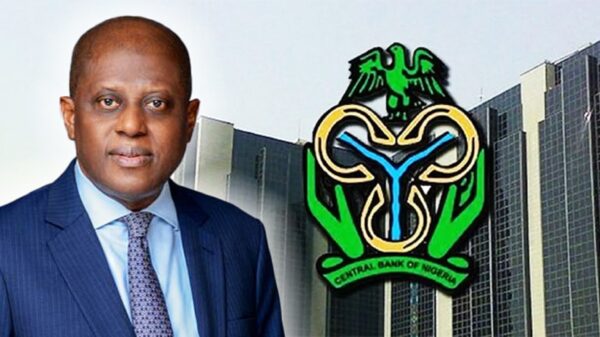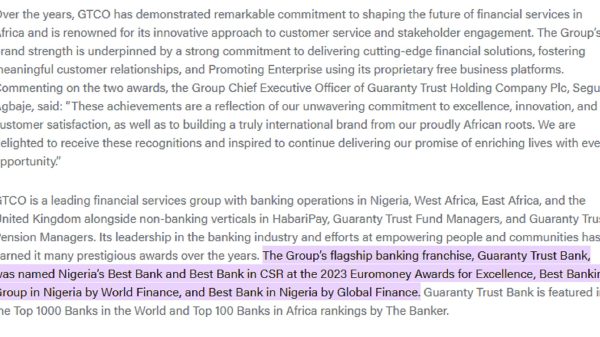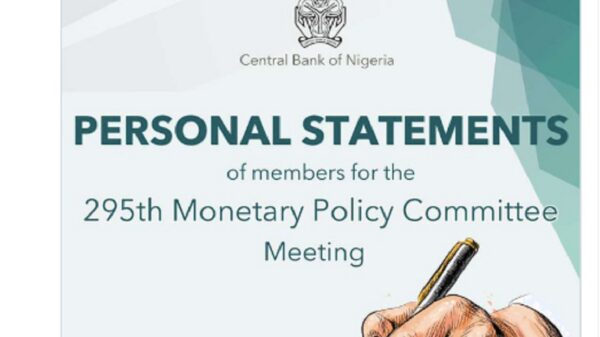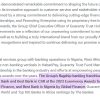Nigeria’s recent announcement of its ₦5.4 trillion expenditure on fuel subsidies has generated significant discussion and concern. The Minister of Finance and the Coordinating Minister of the Economy have introduced an Accelerated Stabilization and Advancement Plan (ASAP) to address critical economic challenges.
This plan aims to stimulate development in various sectors. However, the government’s admission that it continues to subsidize Premium Motor Spirit (PMS), commonly known as fuel, raises several important questions about its economic strategy and future directions.
The Economic Stabilization Plan
The ASAP plan, presented to the president, is designed to stabilize the economy and encourage growth. Shortly after the Minister of Finance’s interview, he hinted at this package.
The stabilization plan is a response to the recent exit of some multinational companies from Nigeria. These exits have highlighted the urgent need for economic reforms and stability.
The Reality of Fuel Subsidies
Despite previous claims that fuel subsidies are removed, the government’s new plan confirms ongoing support for downstream consumption. This revelation is critical as it impacts the country’s financial health and economic policies.
The government had previously maintained that there was no subsidy, but the latest figures tell a different story. The cost of fuel subsidies has increased significantly, from ₦3.6 trillion to ₦5.4 trillion, indicating a heavy financial burden on the economy.
The Impact on the Economy
Fuel subsidies have far-reaching implications for Nigeria’s economy. They affect everything from the national budget to the everyday lives of Nigerians. Subsidies aim to keep fuel prices low, but they come at a high cost.
This expenditure diverts funds from other essential services and development projects. It also raises questions about the sustainability of such subsidies in the long term.
Government Response and Policy Measures
The government has outlined several initiatives under the ASAP plan in response to the economic challenges. These include ₦1 trillion manufacturing fund and ₦200 billion value chain financing fund for Micro, Small, and Medium Enterprises (MSMEs).
These funds should cater to production and support small businesses. However, there are concerns about the effectiveness of these measures in addressing the underlying issues facing the economy.
The Importance of Power Supply
The unreliable power supply is one of the most critical issues affecting Nigeria’s economy. The lack of consistent electricity hinders manufacturing, increases production costs, and affects the overall business environment.
The new funds for manufacturing and MSMEs might help, but with a stable power supply, these measures may stay within their potential. The government needs to improve the power infrastructure to support economic growth.
Security and Infrastructure
Security and infrastructure are other significant challenges. Farmers face difficulties due to insecurity, which prevents them from accessing their fields and transporting goods.
Poor infrastructure, such as inadequate roads and ports, further complicates the movement of goods and services. Addressing these issues will create a conducive environment for business and economic activities.
Regulatory and Taxation Issues
Complex regulatory procedures and multiple taxes also burden the Nigerian business environment. Companies need help with lengthy approval processes and inconsistent tax policies.
Streamlining regulations and ensuring a fair and transparent tax system are essential for encouraging investment and business growth. Simplifying these processes can significantly improve the ease of doing business in Nigeria.
Lessons from Other Countries
Looking at other countries like Angola, which has simpler approval processes in the oil sector, Nigeria can learn valuable lessons. Streamlining procedures and reducing bureaucratic hurdles can make the country more attractive to investors.
Focusing on fundamental economic issues rather than temporary fixes is crucial for long-term stability and growth.
The Role of Government Accountability
Government accountability and transparency are vital in implementing economic policies. Clear communication and honest reporting about subsidy spending and financial plans can build public trust.
The government must provide detailed and accurate information about its policies and their impacts. This transparency will help make informed decisions and gain public support for necessary reforms.
Conclusion
Nigeria’s decision to continue fuel subsidies and its introduction of the ASAP plan reflects the country’s complex economic challenges. While the government’s efforts to stabilize and advance the economy are commendable, addressing fundamental issues like power supply, security, and regulatory hurdles is crucial.
Nigeria can create a more sustainable and prosperous economic future by learning from other countries and focusing on long-term solutions.





















































You must be logged in to post a comment Login